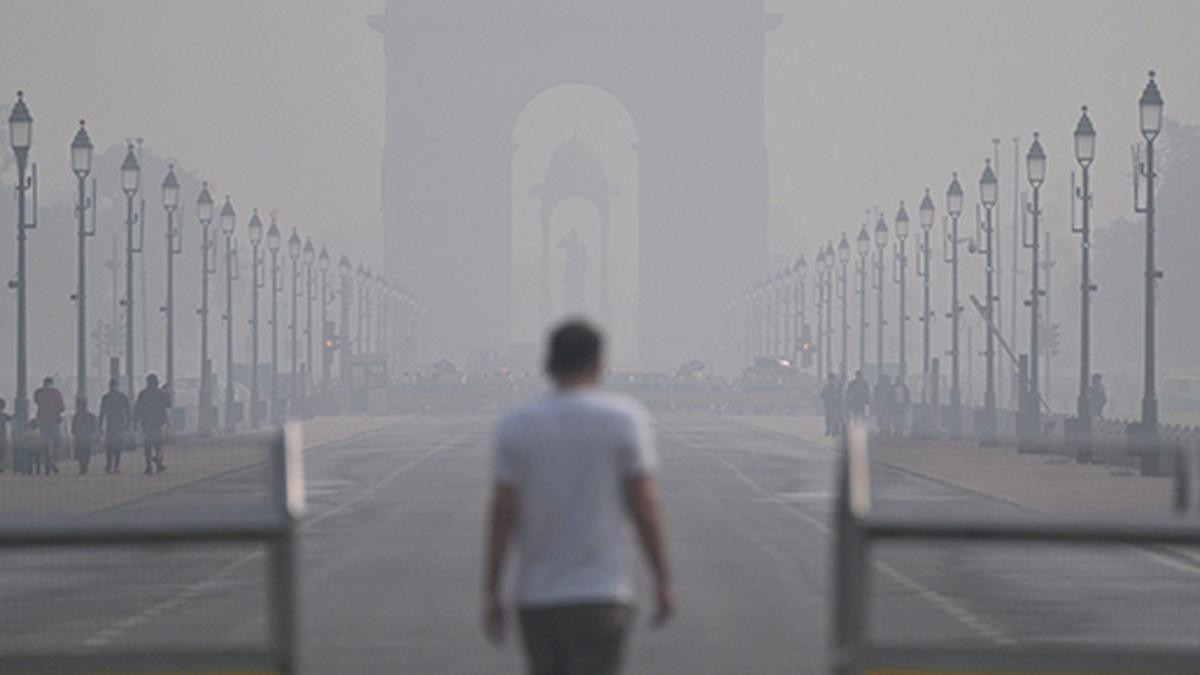Air pollution is increasingly becoming a major concern, especially in highly populated cities like Lahore and New Delhi, where air quality has reached dangerous levels. While factors like stress, poor diets, obesity, and diabetes have long been known to affect fertility, air pollution is now emerging as another significant contributor to reproductive health problems.

Dehli smog. Image via The Hindu.
Recent data revealed that Lahore's Air Quality Index (AQI) reached a record level of 1,067, the highest in the world, despite efforts like "green lockdowns" to improve air quality. These elevated pollution levels pose a serious threat, not only to our lungs and skin but also to fertility. Studies show that exposure to pollutants like particulate matter (PM), toxic chemicals, and heavy metals can severely affect both male and female fertility.
1. Impact on Female Fertility

Air pollution has a significant influence on female reproductive health, with pollutants causing hormonal imbalances and disrupting menstrual cycles. A woman’s hormones are essential for regulating ovulation, and exposure to polluted air can delay ovulation, reducing the chances of natural conception. Additionally, poor air quality may lower the quality of a woman’s eggs, contributing to conditions such as polycystic ovary syndrome (PCOS), which can severely impair fertility.
2. Effect on Male Fertility
Men are not immune to the effects of pollution. Long-term exposure to environmental pollutants such as vehicle emissions and industrial chemicals has been linked to reduced sperm count and poor sperm motility. The toxins present in polluted air can also damage sperm DNA, which makes it more difficult for sperm to successfully fertilize an egg, hindering the chances of pregnancy.
3. Proactive Measures for Fertility Protection
Given the dangers posed by air pollution, taking proactive measures is crucial to safeguard your fertility. Limit your exposure by avoiding outdoor activities during peak traffic hours when pollution levels are at their highest. Check the air quality index (AQI) before planning outdoor activities, and always carry a mask for extra protection. For indoor air, investing in an air purifier can significantly improve air quality, contributing to better overall health. In addition, adopting a healthy lifestyle, staying hydrated, exercising regularly, and avoiding smoking and alcohol are important habits to protect your reproductive health.
4. Regular Health and Fertility Checkups
If you are actively trying to conceive, it’s important to have regular health screenings and fertility checkups. Staying in touch with a fertility doctor can help you monitor and manage your reproductive health effectively, allowing you to address any potential issues as soon as possible.









COMMENTS
Comments are moderated and generally will be posted if they are on-topic and not abusive.
For more information, please see our Comments FAQ